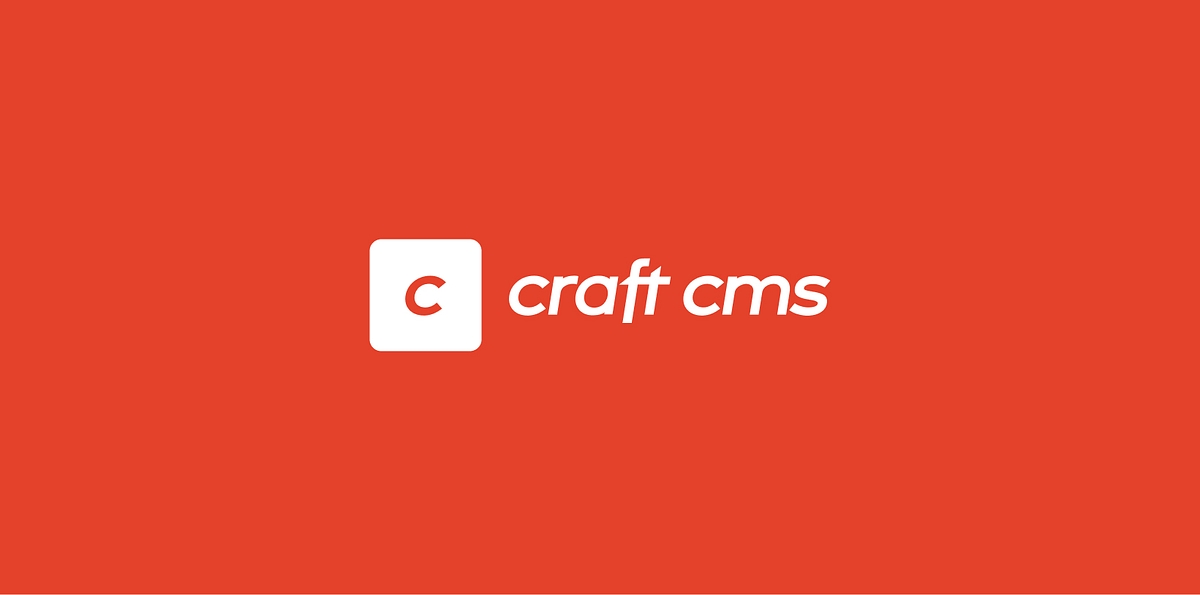Scaling your SaaS website: how to choose the right CMS
As a SaaS company, your website is one of your most crucial assets. It's not just a major communication channel—it's also a vital sales tool. The success of your company can hinge on how well your website converts visitors into customers.
When building your website, one of the biggest decisions you'll face is choosing the right content management system (CMS). The CMS you select will have a significant impact on your website's flexibility and scalability.
After building a dozen of SaaS websites, it's safe to say we know what works great for marketing teams and what doesn't. So here a few things to keep in mind when choosing the perfect setup for your SaaS website.
Scroll gallery






The Importance of Scalability and Flexibility
As a marketer, you want your website to grow and evolve alongside your business. The last thing you want is for your website to become a bottleneck that holds your team back.
Choosing a CMS with scalability and flexibility built into its core is essential. Your website should allow you complete control over creating new pages, defining URL structures, and using content blocks that can be easily reused and reorganised across different pages. You need the freedom to tell your story the way you want, without your CMS limiting your options.
A great CMS will also enable you to quickly expand your website by building custom landing pages using the same content blocks and styling already defined for the rest of your site. This flexibility empowers you to create targeted pages for specific campaigns or initiatives without starting from scratch each time.
Gallery
Successful SaaS Website: Essential Features
While there's no one-size-fits-all solution, certain features are crucial for running a successful SaaS website:
Localisation: Your CMS should allow you to adapt your content to the user's location or language. This could range from offering your website in multiple languages to highlighting specific customer stories in certain countries.
SEO: Search engine optimization shouldn't be an afterthought – it needs to be built into the core of your CMS. You should have complete control over your meta tags, URL structure, and social media thumbnails.
Asset Management: A clear overview of the assets you're using throughout your website is a huge time-saver. The ability to easily optimise your assets can also provide a significant performance boost, resulting in higher Google rankings.
Live Preview: While it might sound trivial, marketers often love this feature the most. The ability to see the page you're building and drag content blocks around makes for a smooth and enjoyable content editing experience. A CMS that is pleasant to use will result in a team that is much more eager to maintain and grow your website.
Gallery
Headless CMS or Not?
We're often asked whether we can build headless websites. While the short answer is yes, we generally advise against it.
Building a headless website might seem like a flexible option, as you're not tied to any particular system and have the ability to swap systems easily. However, it also results in a much more complex setup, which rarely pays off in the end.
The main advantage of building a headless website is that you separate your logic (in this case, the content of your website) from how it's displayed on the screen. While this makes sense for digital products or complex distributed platforms, it's not ideal for your content website. In fact, you want your content and the way it's displayed to be as tightly integrated as possible.
After all, what’s a marketing website without great content?
Gallery
Craft CMS: Our Clear Favourite
There are plenty of great CMS options on the market. Over the years, we've experimented with Drupal, Umbraco, Hubspot, Contentful, and many more. However, time and time again, we've found that Craft CMS is the best solution for building powerful, yet flexible marketing websites.
CraftCMS has allowed us to build exceptional websites for clients like Cheqroom, Nodalview, Henchman, and many others. Not only that, but their marketing teams absolutely love using it. In the end, that speaks volumes about the system's effectiveness and user-friendliness.
Integrating with Your CRM and Beyond
Of course, your website doesn't exist in a vacuum. It needs to be well-integrated with your CRM and exists within a larger ecosystem that includes analytics, usage tracking, lead insights, and much more.
Ensuring that your CMS plays nicely with these other systems is crucial for creating a cohesive and effective marketing strategy. A great CMS will make it easy to connect with your CRM and other tools, allowing you to track user behaviour, manage leads, and analyse performance all in one place.
At Leap Forward, these are all things we can gladly help you with—but we’ll keep the how & what for another blog post.







